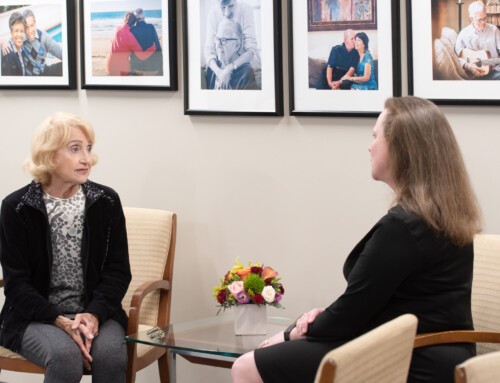
When someone dies, family, friends, and others close to the person may face the overwhelming responsibility of closing out the person’s life. There are many things to attend to, from providing a proper tribute to closing bank accounts to canceling a gym membership. It is important to remember that these steps do not need to be done all at once, and dividing the responsibility of completing tasks between family members or friends may be helpful. The following checklist, listing what needs to be done and when, can help to stay organized during a very emotional and often confusing time.
Order of Steps to Take After a Death
As Soon as Possible
- Follow the person’s advance directives for body or organ donation.
- Contact immediate family and friends.
- Consider funeral and/or burial preparations and choose a funeral home.
- Collect important documents, such as:
- Death certificates – Purchase at least a dozen certified copies; available from the funeral director or county health department.
- Social Security card – For the deceased.
- Marriage certificate – Available from county clerk where marriage license was issued.
- Birth certificates – For the deceased, spouse, and dependent children.
- Military discharge papers – Veterans’ records can be requested from the National Personnel Records Center by mail, fax, or online.
- Original will or trust – The lawyer who wrote the documents will have a copy with the personal belongings of the deceased or in a safe deposit box.
- List of property – Compile a complete list of what the deceased owned including real estate, stocks, bonds, bank accounts, deeds, and personal property.
- Recent income tax returns – If unable to locate a copy of the most recent income tax return, fill out and submit IRS Form 4506 (available from irs.gov/forms-instructions). Must include documentation of authority to act on behalf of the deceased (e.g. letters from probate court).
Within the First Month
- Ask the bank to release joint bank account funds or set up a new bank account.
- Contact Social Security to check eligibility for personal or survivor benefits.
- Notify the person’s insurance companies in writing of the death.
- Advise all creditors in writing, including issuers of credit cards.
- Contact the person’s employer, union, or any other group or professional organization.
- Monitor mail to identify other accounts and subscriptions that need canceling.
Within Six Months
- Consult an attorney for probate matters or instruction to implement the estate.
- See a tax accountant or tax attorney for assistance with filing taxes on the person’s behalf.
- If the death results in a change of household income, create a new yearly budget.
Another important task is to seek support when needed. Remember to stay connected with family and friends through this process. Attending therapy or a grief and bereavement support group can also provide a significant emotional outlet and help a person cope and manage daily life after a loss.
For more information, call us at 858.492.4400 to speak with one of our Clinical Care Coaches (Spanish speakers available). Also check out our free education classes, social activities, care partner support groups, & more.
RECOMMENDED: CTE & Other Rare Neurological Disorders




